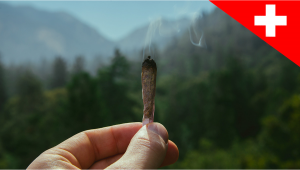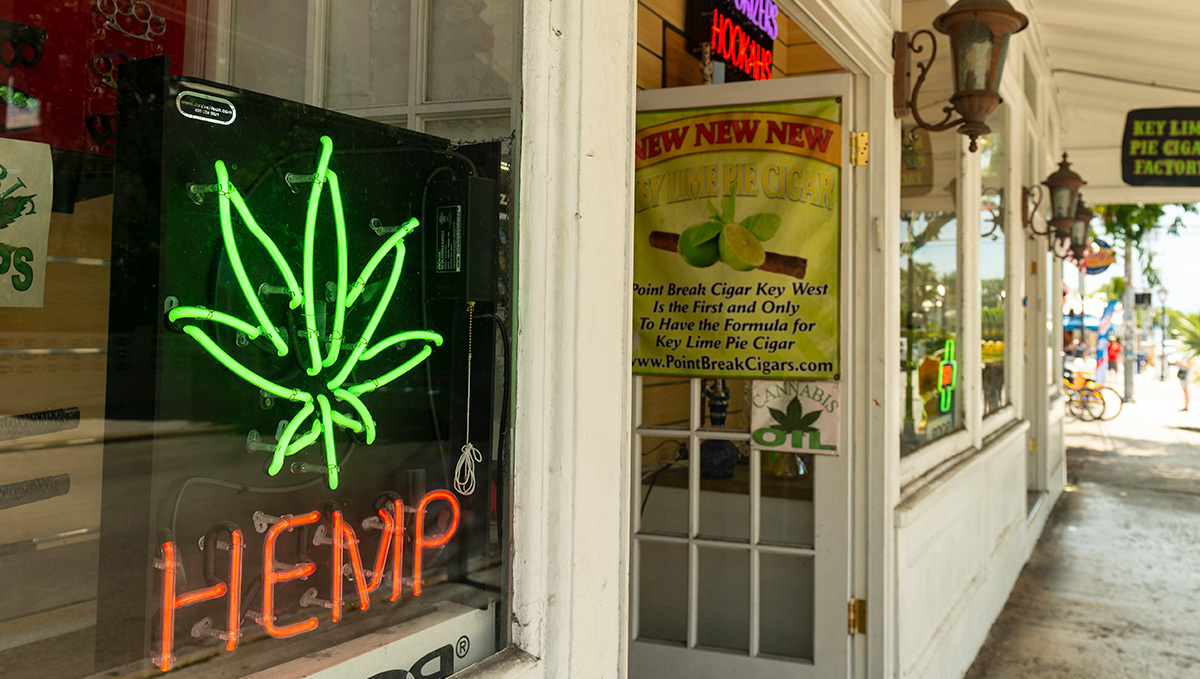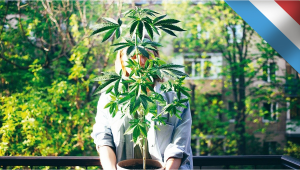Switzerland Will Allow Recreational Weed Sales as a Pilot Program

Swiss authorities will keep their promise made earlier and run a pilot program that will establish a tightly regulated market for adult-use cannabis. The plan is to first start selling the substance to a small number of registered users in the city of Basel and then extend the program to Zurich, Geneva, and Bern. The trial will run for two and a half years, and then the results will be used to formulate a more sensible cannabis policy than the one in place now.
A Very Limited Number of Participants
The 400 participants of the trial in Basel will have to register in the pilot program which will allow them to buy cannabis for recreational purposes at several selected pharmacies. There is no such thing as free cheese though (even if it’s Swiss cheese that we’re talking about), so the subjects will have to regularly answer questions about their mental and physical health. Also, if any weed will trickle from the program to the streets, the offenders will be penalized and kicked out.
Meanwhile, the estimated number of weed smokers in the country is around half a million, not including minors. In 2012, Switzerland decriminalized the substance. Now, if you get caught with 10 grams of cannabis or less, you won’t be arrested but will have to pay a fine of 100 Swiss Franks (€97) on the spot.

A Part of a Larger Movement
Switzerland is not the first country in Europe to soften its stance on cannabis policy. The neighboring Netherlands decriminalized its use in the 1970s and allowed the drug to be sold to adults in coffee shops, while Spain chose a model involving cannabis social clubs as a not-for-profit model of distribution. More recently, Malta has adopted a model similar to the Spanish one and also decriminalized home cultivation, and Germany’s new government has pledged to create a regulated cannabis market by the next election term.











Comments